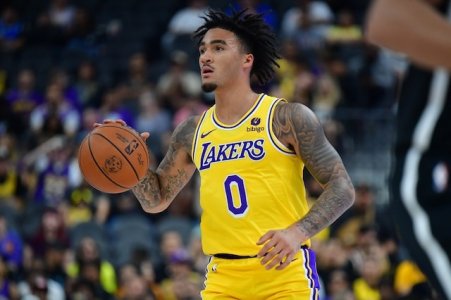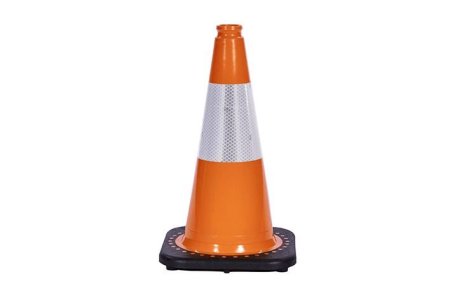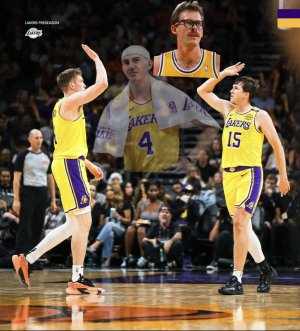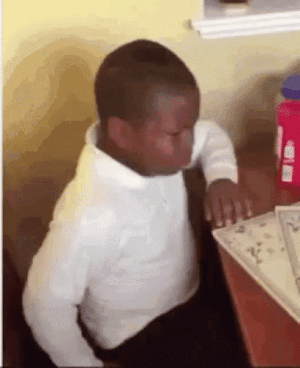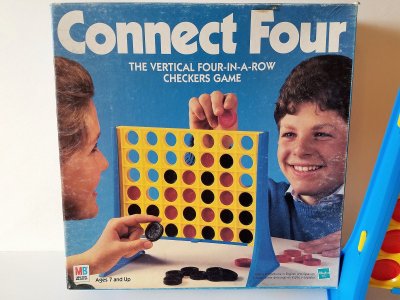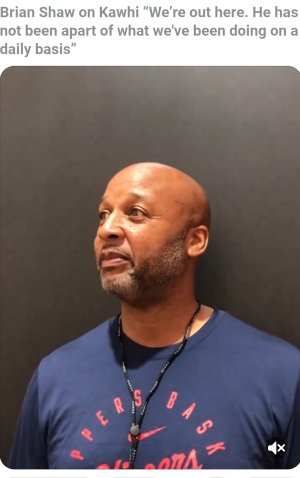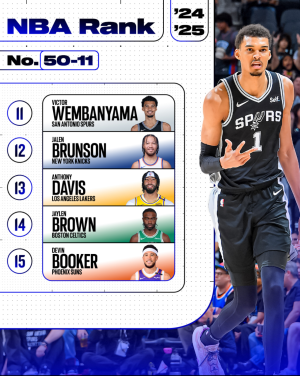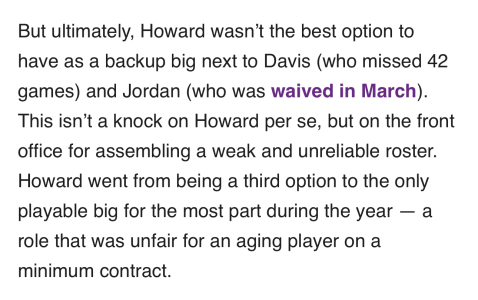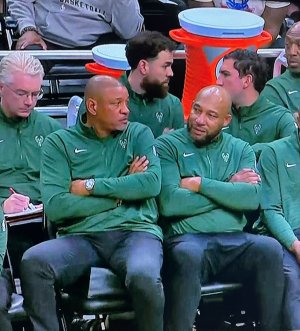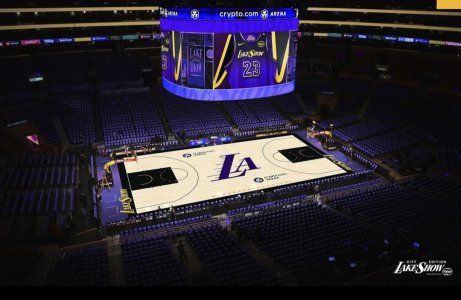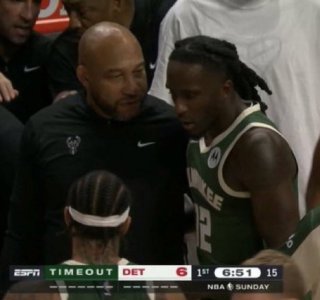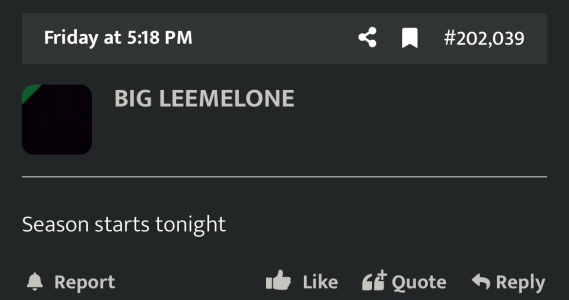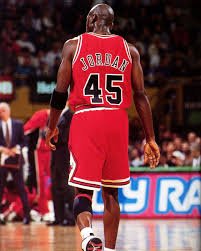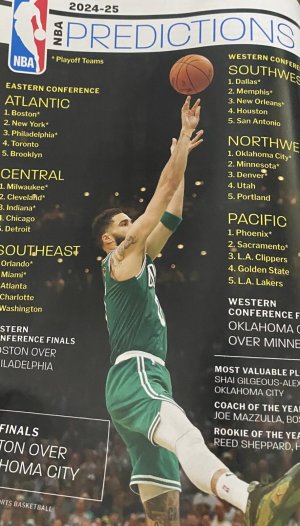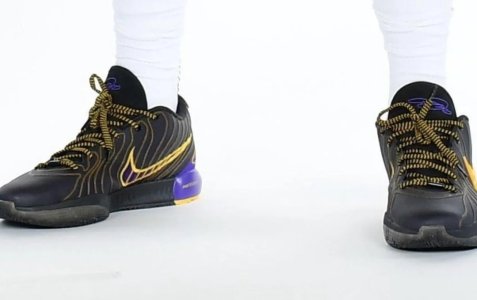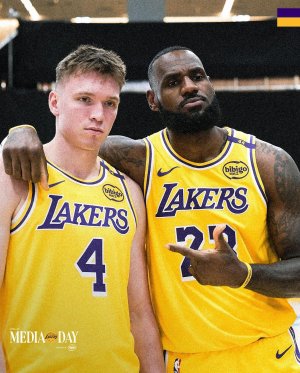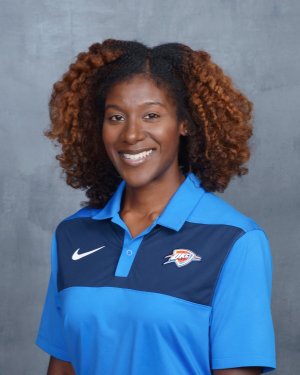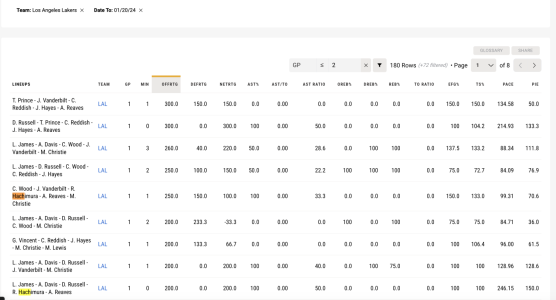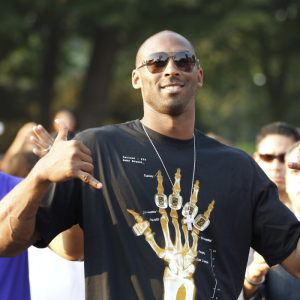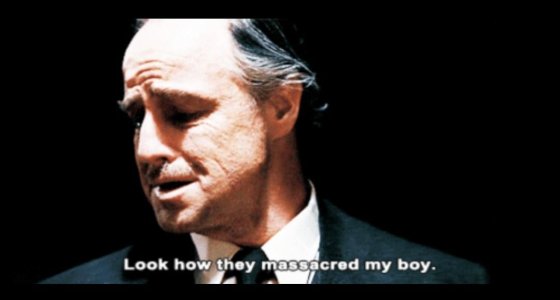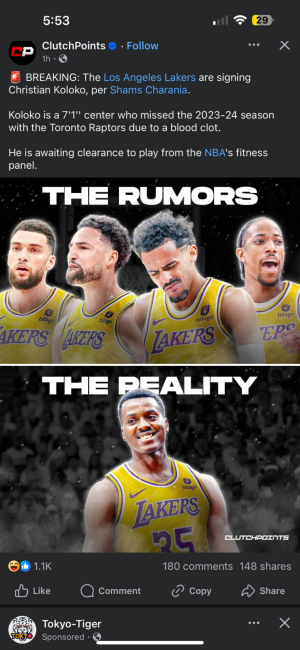- 22,895
- 26,768
- Joined
- Mar 21, 2010
I Like Lavine's game but NAH, Another giant salary, another guy who is always injured & another guy who plays zero defense. The writing is on the Wall, the way for this team to excel is by having depth that Aloows AD/Bron to cruise until the playoffs. They couldn't out perform Jokic & Murray because they've were playing playoff intensity basketball for damn near three months prior because of the horrific start.
D'Lo fit well the majority of the season & was absolute trash in Denver, two things can be true. Because of that I don't think he'll get any crazy offers, which means he can be had for a reasonable price, & it will also allow us to to probably use the full MLE (which could bring in another Starter/6th Man kinda player)
Lavine basically means a swap of him for D'Lo, Beasley, Bamba, Lonnie, Maybe Rui & a first???
For a guy who solves none of the issues this team had..... I'm all the way good on that
D'Lo fit well the majority of the season & was absolute trash in Denver, two things can be true. Because of that I don't think he'll get any crazy offers, which means he can be had for a reasonable price, & it will also allow us to to probably use the full MLE (which could bring in another Starter/6th Man kinda player)
Lavine basically means a swap of him for D'Lo, Beasley, Bamba, Lonnie, Maybe Rui & a first???
For a guy who solves none of the issues this team had..... I'm all the way good on that

 and Davis (30). This is perhaps its best shot at addressing arguably the team’s biggest need and help solve some of the late-game offensive lulls from the playoffs, most notably in the conference finals.
and Davis (30). This is perhaps its best shot at addressing arguably the team’s biggest need and help solve some of the late-game offensive lulls from the playoffs, most notably in the conference finals.




